Let’s be real—small-town charm never used to impress me. I craved neon lights, late-night diners, and the electric buzz of a city that never seems to slow down. But everything changed one spring afternoon, when I found myself trapped in a three-hour traffic jam on the Cross Bronx Expressway. In a moment of desperation, I started frantically searching for “how to escape the city,” and before I knew it, I’d booked a weekend getaway to a little place called Millbrook, New York (population: 1,452).
That weekend changed everything. No traffic jams. No honking. Just a main street lined with actual functioning businesses run by people who knew each other’s names. I slept through the night without sirens, ate farm-to-table food that didn’t cost my firstborn, and discovered that small-town escapes aren’t just a trend—they’re a full-blown travel revolution.
What Exactly Is ‘Townsizing’?
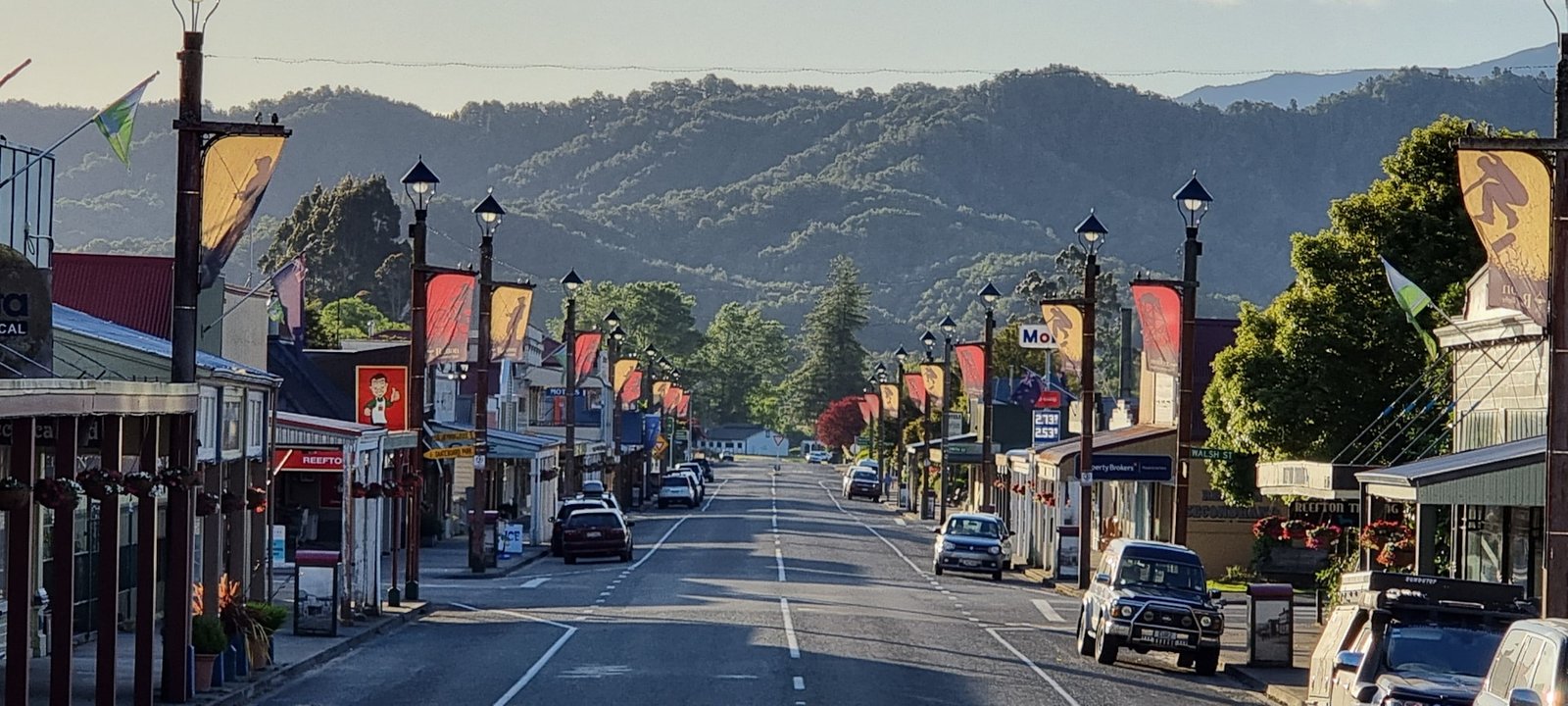
Townsizing is the travel world’s answer to our collective urban burnout. It’s the deliberate choice to swap metropolitan madness for the slower pace of small-town life, even if it’s just for a weekend. Around 31% of travelers surveyed want to visit a small town in 2025, and frankly, I get it.
Unlike the “off-the-beaten-path” destinations that require a PhD in geography to find, townsizing focuses on accessible small towns—places with populations under 50,000 that still have decent wifi, good coffee, and maybe a bookstore that doesn’t make you feel like you’re auditioning for a period drama.
Think of it as the Goldilocks of travel: not too big, not too remote, but just right for a weekend reset.
Why Small-Town Weekend Getaways Are Having a Moment
The Authenticity Factor
There’s an increased desire for authentic, off-the-beaten-path experiences, and small towns deliver this in spades. No manufactured experiences here—just real people living real lives, and you get to be part of it temporarily.
I remember ordering coffee in that Millbrook café and the barista asked if I was “the writer from the city” because apparently, my arrival was newsworthy. In Manhattan, I’m invisible. In a small town, I’m practically a celebrity. There’s something oddly therapeutic about being seen.
Budget-Friendly Bliss
Your wallet will thank you. Small-town accommodations cost a fraction of city hotels, and many of the best attractions are free or cheap. Walking tours? They’re called “taking a stroll.” Museum admission? Often under $10. Dinner for two? Rarely breaks the $100 mark.
Digital Detox Without the Drama
Small towns offer natural boundaries for our screen addiction. When the most exciting thing on your phone is a weather alert about tomorrow’s farmers market, you tend to put it down and actually look around.

The Psychology Behind Our Small-Town Obsession
We’re living in an era of chronic overstimulation. Our brains are constantly processing traffic noise, construction sounds, and the general hum of millions of people trying to coexist in concrete jungles. Small towns offer what psychologists call “restorative environments”—spaces that allow our minds to recover from mental fatigue.
There’s also the nostalgia factor. Even if you’ve never lived in a small town, there’s something deeply familiar about them. They tap into our collective memory of simpler times, whether from childhood visits to grandparents or just too many Hallmark movies.
How to Plan Your Perfect Small-Town Weekend Getaway
Step 1: Choose Your Small-Town Vibe
Not all small towns are created equal. Some are artsy havens filled with galleries and organic markets. Others are outdoor adventure bases with hiking trails and fishing spots. A few are pure Main Street USA nostalgia. Figure out what kind of small-town experience speaks to you.
The Artsy Escape: Think Hudson, New York, or Marfa, Texas The Outdoor Adventure: Consider Moab, Utah, or Bar Harbor, Maine
The Classic Americana: Try Mystic, Connecticut, or Fredericksburg, Texas
Step 2: Research Like a Local
Skip the generic travel sites. Check out the town’s Facebook page, local newspaper website, and any community boards. You want to know about the farmers market schedule, the best local restaurant (it’s probably not on Yelp), and any seasonal events happening during your visit.
Step 3: Book Your Base
Small towns often have limited accommodation options, so book early. Your choices typically include:
- Historic bed and breakfasts: Charming but sometimes quirky plumbing
- Boutique inns: More polished, usually better amenities
- Vacation rentals: Great for longer stays or groups
- Local hotels: Often family-owned with surprising character
Step 4: Plan Around Food
Small-town restaurants often have limited hours and may close unexpectedly for “personal reasons” (welcome to small-town life). Check operating hours, make reservations if possible, and always have a backup plan. The local diner is usually your safest bet for any meal.
Step 5: Embrace the Slow
This isn’t a city break where you need to hit 15 museums in two days. Small-town weekends are about slowing down. Plan one or two activities per day, leaving plenty of time for wandering, chatting with locals, and maybe taking that nap you’ve been promising yourself.
Top Small-Town Weekend Destinations by Region
| Region | Town | Population | Why Visit |
| Northeast | Lenox, Massachusetts | 5,025 | Tanglewood, fall foliage, Gilded Age mansions |
| Southeast | Beaufort, South Carolina | 13,607 | Historic charm, waterfront dining, ghost tours |
| Midwest | Galena, Illinois | 3,308 | 19th-century architecture, antique shopping, river views |
| Southwest | Marfa, Texas | 1,981 | Contemporary art, desert landscapes, mysterious lights |
| West Coast | Mendocino, California | 894 | Coastal cliffs, Victorian architecture, wine country |
What to Pack for Your Small-Town Adventure
Small-town packing is an art form. You need to be prepared for anything from a spontaneous hike to an impromptu dinner at the town’s fancy restaurant (yes, every small town has one).
The Essentials:
- Comfortable walking shoes (you’ll be doing a lot of strolling)
- Weather-appropriate layers (small towns often have microclimates)
- A good camera (your Instagram followers will thank you)
- Cash (many small businesses are still cash-only)
- An open mind and patience
The Nice-to-Haves:
- A book for those peaceful moments
- Snacks for the road
- A small cooler for farmers market finds
- Binoculars for bird watching or star gazing
Common Small-Town Weekend Pitfalls (And How to Avoid Them)
The “Nothing’s Open” Syndrome
Small towns operate on their own schedules. That cute café might close at 2 PM on Sundays, and the local museum could be “closed for inventory” with no warning. Always call ahead or check websites before heading out.
The Cell Service Black Hole
Many small towns have spotty cell coverage. Download offline maps, save important phone numbers, and let someone know your itinerary. Think of it as enforced digital detox.
The “Everybody Knows Everybody” Effect
In small towns, news travels fast. If you’re rude to the gas station attendant, don’t be surprised if the restaurant hostess already knows about it. Be kind, patient, and respectful—it goes a long way.
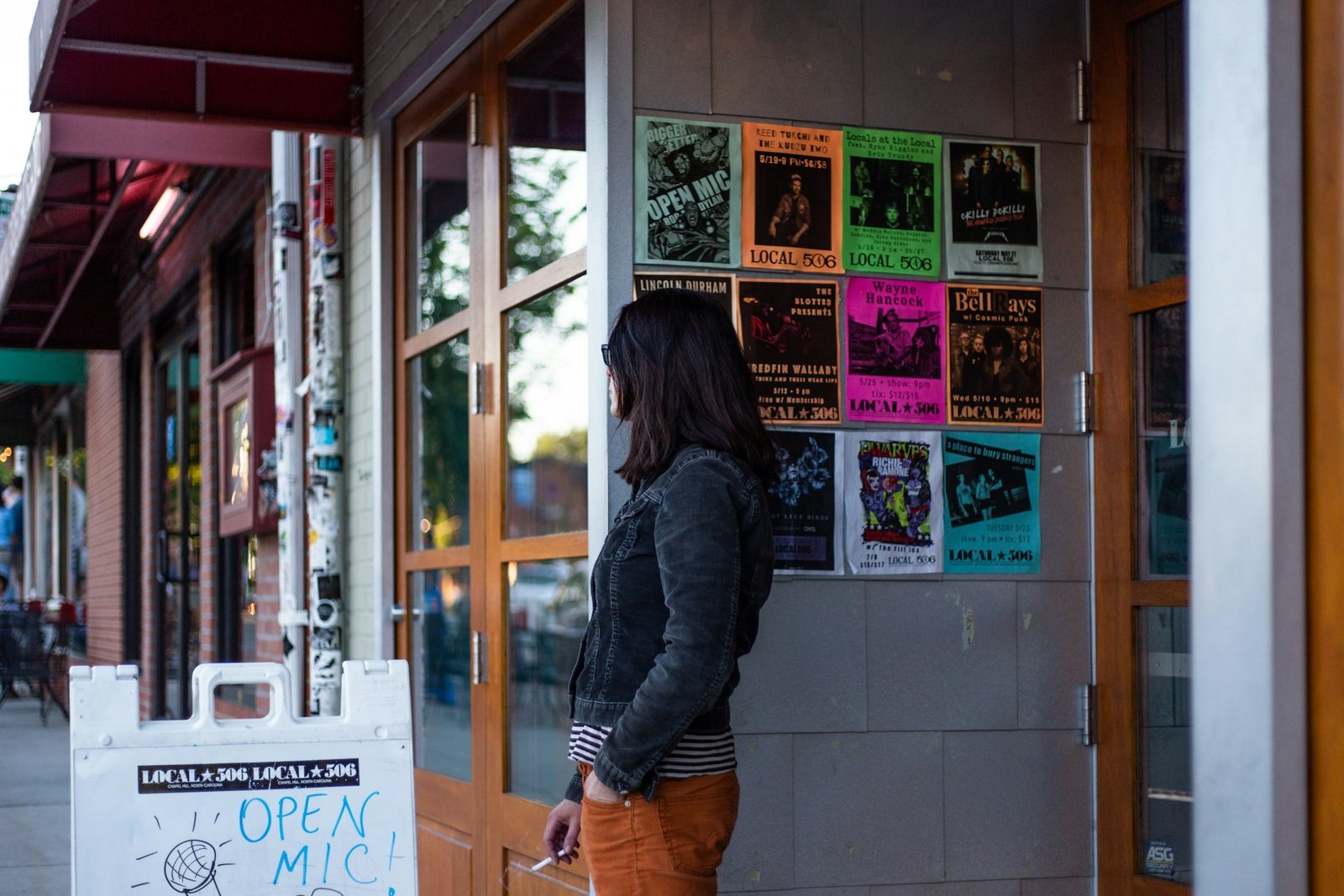
The Economics of Small-Town Travel
Small-town weekend getaways are budget-friendly almost by default. Here’s what you can expect to spend:
Accommodation: $80-150 per night for a decent B&B or inn Meals: $40-80 per day for two people (including a nice dinner) Activities: $0-30 per person per day (many attractions are free or low-cost) Transportation: Variable, but gas and parking are usually cheap
Compare this to a weekend in Manhattan or San Francisco, where you’d spend double or triple these amounts, and the appeal becomes obvious.
Small-Town Travel Etiquette
Small towns have their own unspoken rules. Here’s how to be a good small-town tourist:
- Support local businesses: Skip the chain restaurants and shops
- Be patient: Service might be slower, but it’s usually more personal
- Engage with locals: They’re often happy to share recommendations
- Respect privacy: Don’t photograph people without permission
- Leave no trace: Small towns often have limited cleanup resources
Making the Most of Your Small-Town Weekend
Friday: Arrive and Decompress
Get to your destination in the afternoon, check into your accommodation, and take a walking tour of the main drag. Find a local spot for dinner—nothing fancy, just authentic. Early bedtime encouraged.
Saturday: Explore and Experience
This is your full exploration day. Hit the farmers market if there’s one, visit any local attractions, and spend time in nature if possible. Try the town’s best restaurant for dinner.
Sunday: Slow and Steady
Leisurely breakfast, visit that antique shop or bookstore you passed earlier, maybe attend a local church service if you’re inclined. Leave after lunch with a full heart and probably some local jam or honey.
The Future of Small-Town Tourism
Travel trends in 2025 show communities around the world are embracing a growing desire for more authentic travel, and small towns are perfectly positioned to deliver this. As remote work becomes more common, many small towns are actively courting visitors with improved wifi, co-working spaces, and extended-stay options.
The key is finding the balance between welcoming tourism and maintaining the authentic small-town character that attracts visitors in the first place. The best small towns are those that enhance their existing charm rather than trying to become something they’re not.
My Small-Town Conversion Story
That first weekend in Millbrook turned me into a small-town convert. I’ve since explored dozens of small towns across the country, from the wine country of Healdsburg, California, to the coastal charm of Bar Harbor, Maine. Each has its own personality, its own rhythm, and its own way of making you forget why you ever thought you needed a subway system to be happy.
The best part? I’ve never had the same experience twice. Small towns are like snowflakes—each one is unique, and the pleasure is in discovering what makes each one special.
Ready to Try Townsizing?
Small-town weekend getaways aren’t just a travel trend—they’re a lifestyle reset. In a world that’s increasingly fast, loud, and overwhelming, small towns offer something radical: the chance to slow down, connect with real people, and remember what it feels like to be fully present in a place.
So pick a small town, pack your sense of adventure, and prepare to fall in love with a simpler way of traveling. Your stressed-out city self will thank you, and you might just discover that the best destinations are the ones that help you remember who you are when you’re not rushing to catch the next train.
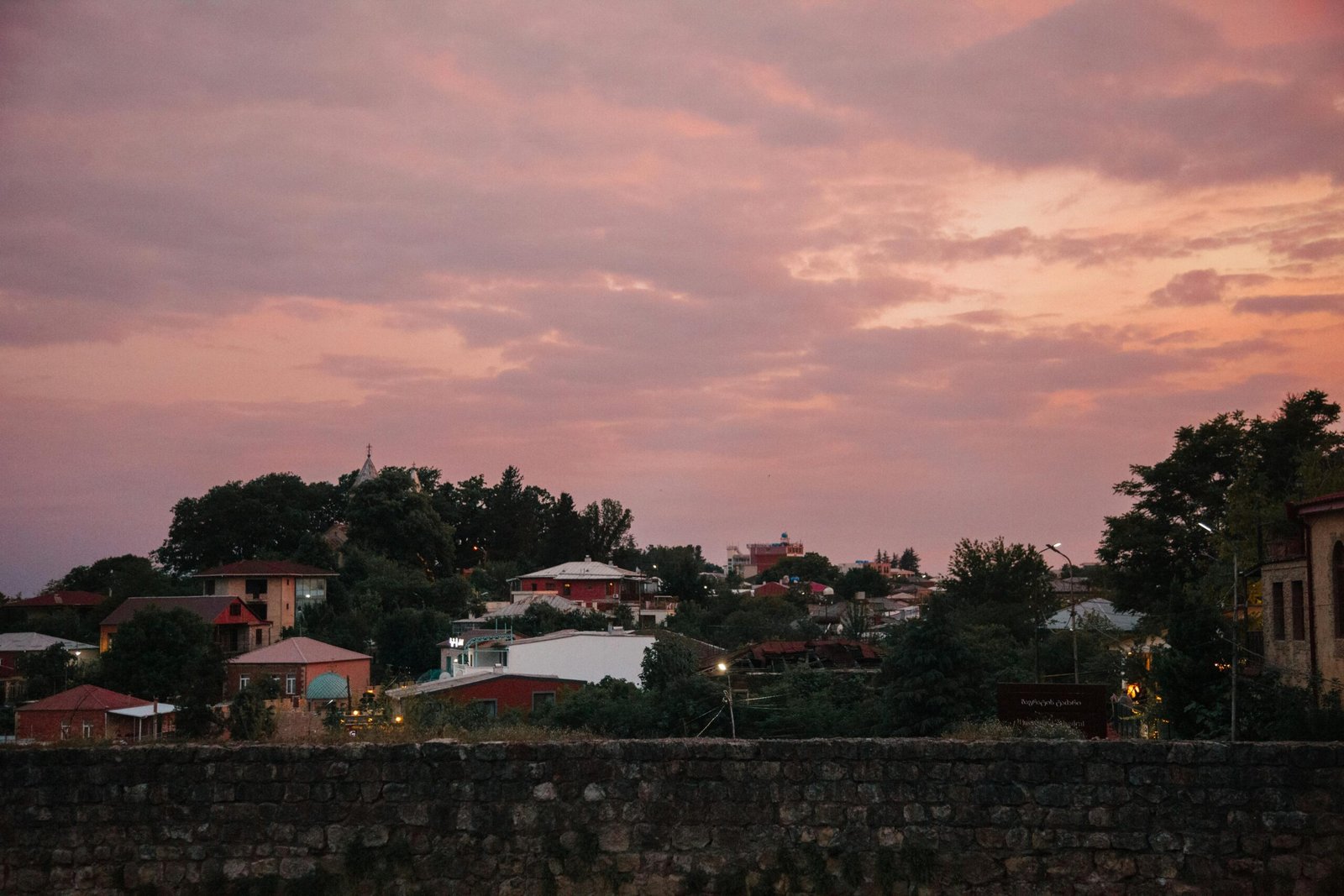
Frequently Asked Questions About Small-Town Weekend Getaways
Q: How do I find the best small towns to visit near me? A: Start with state tourism websites, which often have “small town” or “historic towns” sections. Travel blogs focused on your region are also great resources. Don’t overlook asking locals—many people have favorite small towns they visit regularly.
Q: What’s the ideal distance for a small-town weekend getaway? A: Generally, 2-4 hours of travel time is ideal for a weekend trip. This gives you enough time to decompress without spending your entire weekend in transit.
Q: Are small towns suitable for solo travelers? A: Absolutely! Small towns are often safer and more welcoming to solo travelers than big cities. Locals are usually happy to chat and offer recommendations.
Q: How far in advance should I book accommodation in small towns? A: Book 2-4 weeks in advance, especially for popular destinations or during peak seasons. Small towns often have limited lodging options.
Q: What if there’s nothing to do in a small town? A: That’s often the point! Small-town weekends are about slowing down. Walking, reading, people-watching, and enjoying nature are all valid activities.
Q: Are small towns expensive to visit? A: Generally, small towns are much more affordable than major cities. Accommodation, dining, and activities typically cost significantly less.
Q: How do I find good restaurants in small towns? A: Ask locals, check Google reviews, and look for places that are busy with locals rather than tourists. The diner is usually a safe bet for any meal.
Q: What should I do if I get bored in a small town? A: Embrace it! Boredom is increasingly rare in our hyper-connected world. Use it as an opportunity to read, journal, or simply observe your surroundings.
Q: Are small towns accessible for people with disabilities? A: This varies widely. Many historic small towns have older buildings that may not be fully accessible. Call ahead to check accessibility features at accommodations and attractions.
Q: How do I respect local culture in small towns? A: Be patient, support local businesses, engage respectfully with locals, and remember that you’re a guest in their community.
Top Products and Services for Small-Town Weekend Getaways
Accommodation Booking Platforms
- Booking.com – https://www.booking.com – Best selection of small-town accommodations with detailed reviews and photos
- Airbnb – https://www.airbnb.com – Great for unique stays in small towns, often with local hosts who provide insider tips
Travel Planning Resources
- TripAdvisor – https://www.tripadvisor.com – Comprehensive reviews and recommendations for small-town attractions and restaurants
- Roadtrippers – https://roadtrippers.com – Perfect for planning scenic routes to small towns with interesting stops along the way
Small-Town Discovery Tools
- Historic Hotels of America – https://www.historichotels.org – Directory of historic inns and hotels in charming small towns
- Main Street America – https://www.mainstreet.org – Resource for finding vibrant small towns with active downtown districts
Travel Gear Essentials
- Patagonia Travel Packs – https://www.patagonia.com – Durable, versatile bags perfect for small-town adventures
- Allbirds Tree Runners – https://www.allbirds.com – Comfortable walking shoes ideal for exploring small town streets
Food and Dining
- OpenTable – https://www.opentable.com – Reservation platform that works in many small-town restaurants
- Yelp – https://www.yelp.com – User reviews help identify the best local dining spots
Transportation
- GasBuddy – https://www.gasbuddy.com – Find the cheapest gas stations on your route to small towns
- Zipcar – https://www.zipcar.com – Car sharing service perfect for city dwellers planning small-town escapes
Local Experience Platforms
- GetYourGuide – https://www.getyourguide.com – Curated local experiences and tours in small towns
- Viator – https://www.viator.com – Local tours and activities bookings for small-town adventures
Weather and Planning
- Weather.com – https://weather.com – Essential for planning outdoor activities in small towns
- AllTrails – https://www.alltrails.com – Hiking and walking trail maps for small-town nature exploration
Communication and Navigation
- Google Maps Offline – https://maps.google.com – Download maps before traveling to areas with poor cell service
- What3Words – https://what3words.com – Precise location sharing app useful in small towns without clear addressing
Shopping and Souvenirs
- Etsy Local – https://www.etsy.com – Find local artisans and unique gifts in small towns
- Local Harvest – https://www.localharvest.org – Directory of farmers markets and local food producers




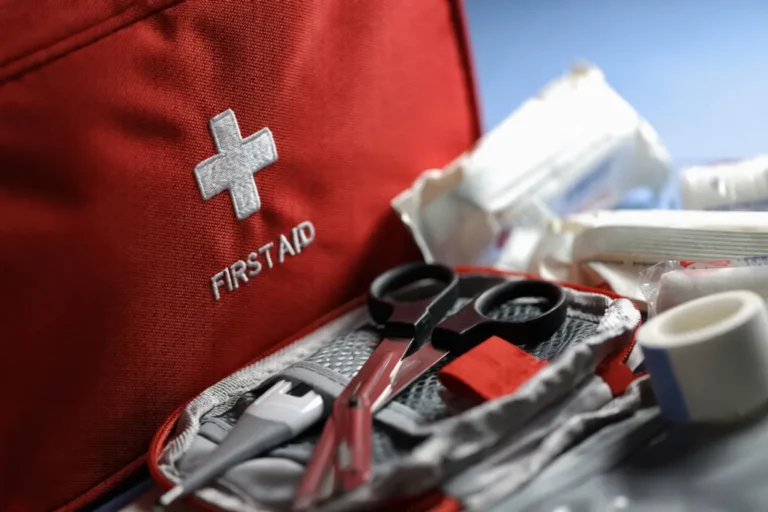
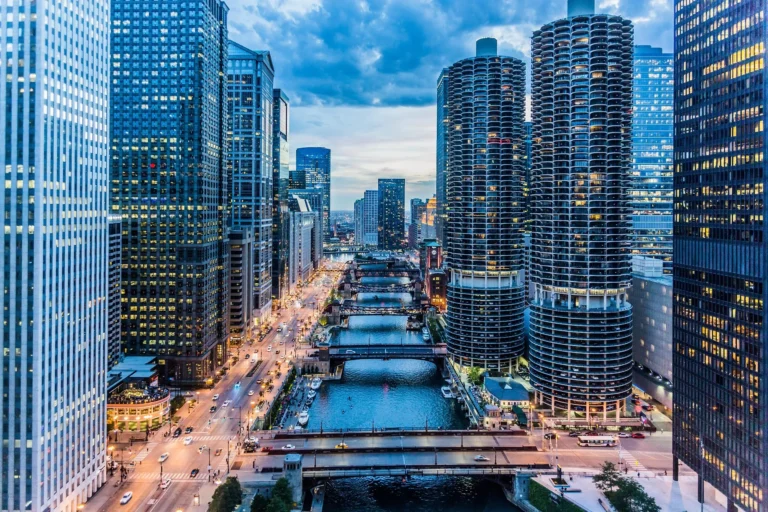
Thanks for sharing. I read many of your blog posts, cool, your blog is very good.